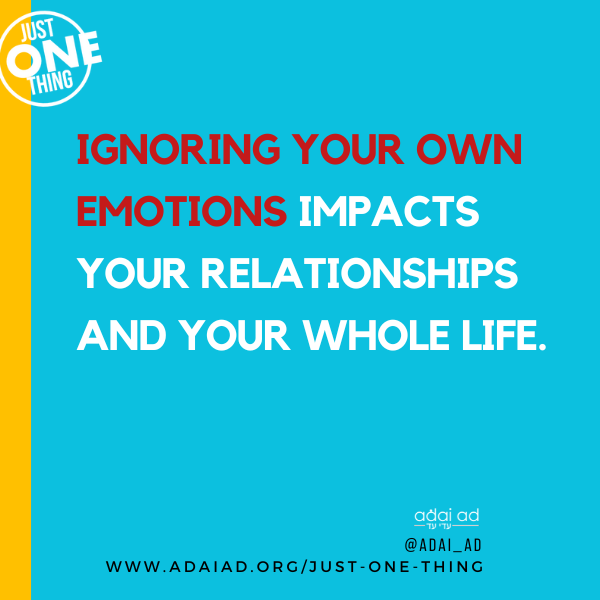When we avoid our own emotions, we end up downplaying everyone’s emotions, living as if feelings aren’t significant or worthy of acknowledgment. This mindset can cause us to overlook or brush aside the emotions of others because we’ve conditioned ourselves to believe they’re not a big deal. We simply don’t notice or tune into our spouse’s feelings. And even when they share their emotions, we just don’t know how to deal with them, so we don’t respond. They certainly won’t get the empathy and validation they need from us.
If we think that being strong means not expressing our emotions, that isn’t fair to the relationship either. When we don’t express ourselves authentically, we aren’t showing up in life from our true selves, and we aren’t bringing our whole self into the marriage and into life. This behavior leads to misunderstandings and resentment. Over time, This lack of emotional authenticity can breed misunderstandings and resentment over time, undermining the foundation of mutual understanding and respect.
By acknowledging and accepting our own emotions, we can create a more open and supportive environment within our marriage and family. It’s about being willing to confront discomfort and vulnerability – both within ourselves and with our loved ones – to foster deeper connection and understanding. Recognizing and validating emotions helps create an environment where both partners feel seen, heard, and valued.


